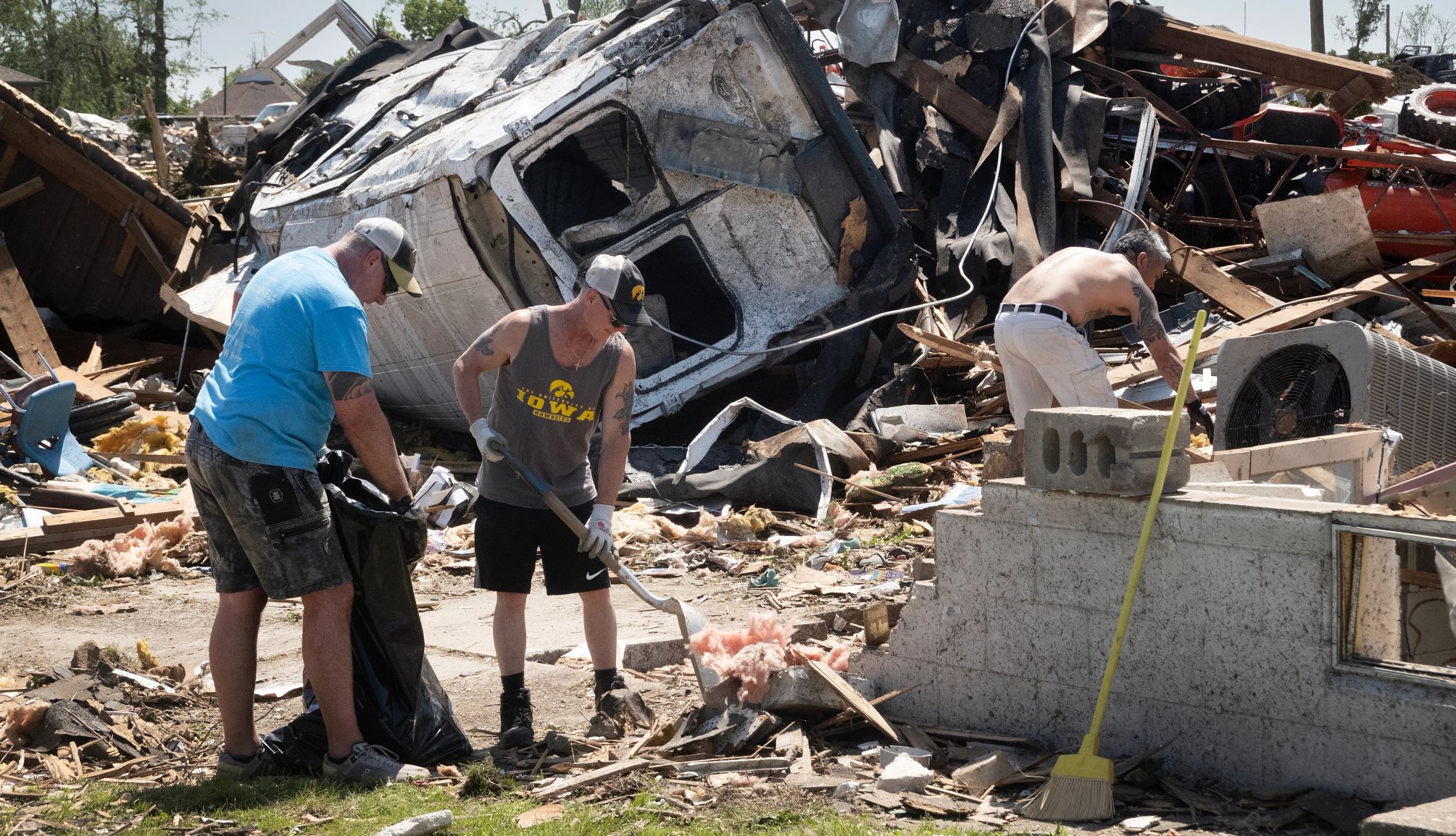AARP Hearing Center


Communities working to rebuild after hurricanes, wildfires and other natural disasters often wait months for Congress to approve federal funding that can help. AARP endorsed federal legislation this month to cut the red tape and speed recovery efforts.
The bipartisan Reforming Disaster Recovery Act, sponsored by U.S. Sens. Brian Schatz (D-Hawaii) and Susan Collins (R-Maine), would permanently authorize federal funding through the Department of Housing and Urban Development (HUD).
Currently, every disaster requires a new act of Congress to appropriate funding under HUD’s Community Development Block Grant Disaster Recovery program, which provides states, tribes and local governments with federal assistance to rebuild housing and infrastructure.
Learn How AARP is Fighting for You
AARP is your fierce defender on the issues that matter to people 50-plus. Read more about how we’re fighting for you every day in Congress and across the country.
This adds “months of delays when time is of the essence,” wrote Bill Sweeney, AARP senior vice president for government affairs, in a June 13 letter supporting the bill. He noted that it can take an additional five months for communities to have the funding in hand.
“The longer it takes for the federal government to deliver resources, the harder it is for the survivors to put their lives back together,” Sweeney wrote.
Older adults are more likely to die during natural disasters because of factors such as limited mobility and chronic health conditions. Those who survive can suffer lasting physical, mental and economic effects, we told federal lawmakers.
Join Our Fight
Sign up to become an AARP activist and join our fight on the issues important to people 50 and older.
As extreme weather continues to occur with greater frequency, AARP is making it a legislative priority to help older adults stay safe during and after these emergencies. This spring, for example, we helped pass legislation in Florida to help coastal residents strengthen their homes against hurricanes.
With the Federal Emergency Management Agency (FEMA), we created the AARP Disaster Resilience Toolkit to help government leaders and communities reduce the risk to older adults.
Read our latest endorsement letter and learn more about how to prepare for extreme weather and what to do after disaster strikes.






























































More From AARP
Rising Seas Are Wiping Out Some Older Americans’ Futures
As more older Americans move to the coasts, rising seas are wiping out their homes — and retirement dreams.8 Ways to Recover Faster From a Disaster
A little planning can ease the financial hardshipHow to Avoid Disaster Fraud and FEMA Scams
In the wake of natural disasters, scammers may pose as contractors, FEMA officials and other personnel
Recommended for You